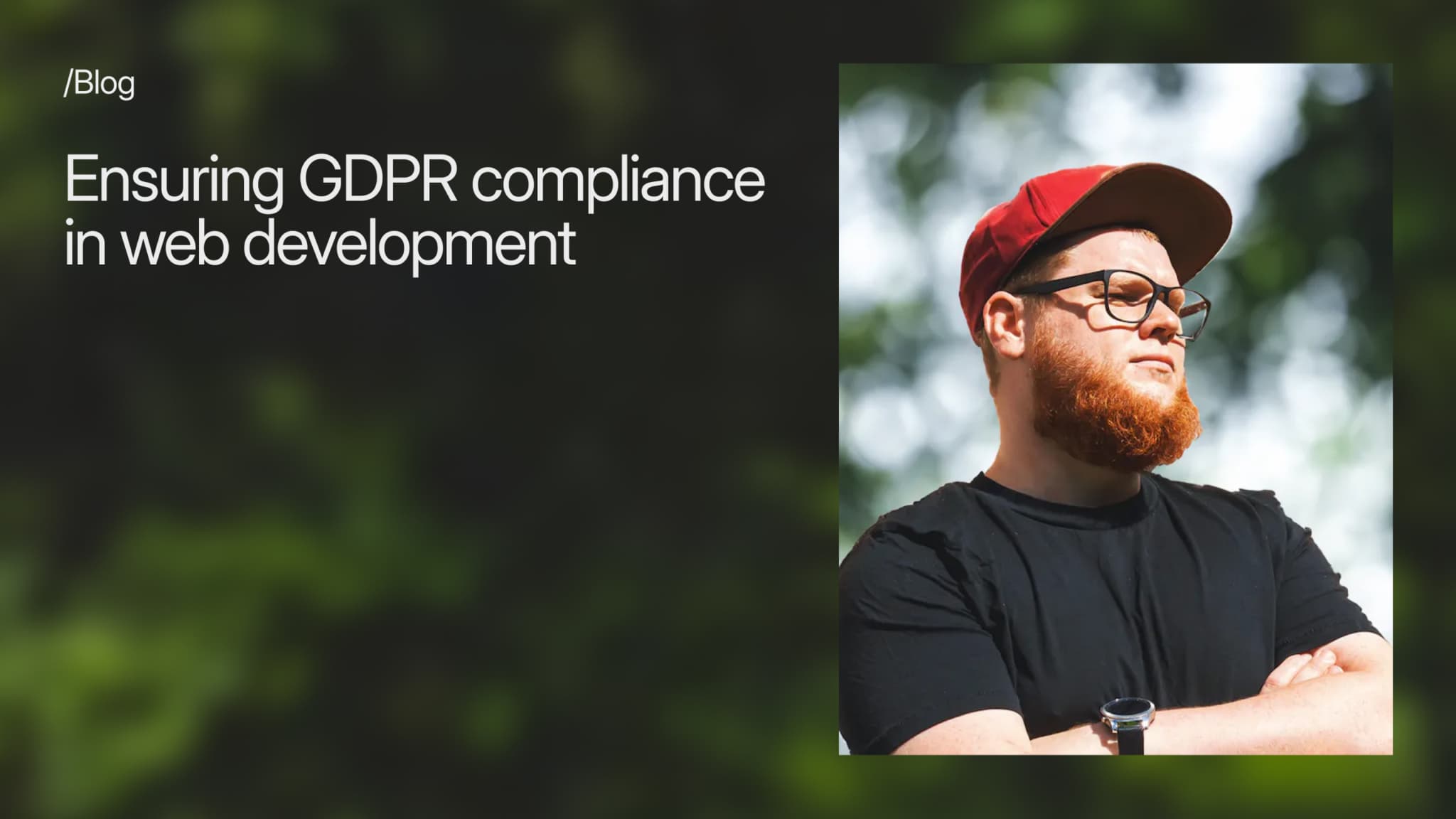How we use AI agents in Good Morning

Published:
The Internet is full of buzz words around AI and there is no way how many people are encouraging you to jump on the AI train before it's too late. But where is this train and how do I hop on it? Here is a "how-to" article on how we use AI in Good Morning.

We create websites and applications, often with AI embedded. But that is not what we are going to look at now. Here we will see how we as an agency use AI to automate internal processes around sales, research and marketing.
That's what we call AI agents.
What is an AI agent
Most people today are well aware of ChatGPT, and although it is hotly debated on the internet whether ChatGPT is an agent or not, that is not how we interpret it.
An AI agent is an autonomous computer program that can observe and interact with its environment, make decisions and perform actions to achieve specific goals.
That's a tough sentence to digest. So here's an example that might make it easier for you to see it in your head:
You have an AI agent that checks every day whether your competitors have posted anything on social media or on their website. If it finds something, it creates a short summary of the content and posts it on Slack for you.
This operation consists of a language model and a workflow.
The language model is the intelligent one, and the workflow controls structure, goals and behaviour.
Together they are an AI agent.
Language model as an AI assistant
If you search for information about AI, or watch some YouTube videos on the subject, your feed fills up with gurus saying that from now on you can just sit back and let AI assistants do all the work for you. And the money will probably just roll in.
It seems that those gurus are trying to pretend that an AI assistant is like an employee and that you can now save yourself 20 man-years of costs.
It is not like that. There are many good things about AI assistants, by all means, but comparing it to a real employee is greatly exaggerated.
But what is an AI assistant? Slightly simplified, we can say that it is a language model that has received instructions and/or access to information that is not available online.
And in Good Morning we have some of those.
An example is an assistant who has access to a number of documents we have created. It therefore knows a lot about Good Morning, and we can ask it to write a sales pitch. It is still a ChatGPT, but with more information than what is out there available to everyone, and can thus better hit on the answers it gives us.
Another assistant specializes in SEO so that we don't have to enter the same parameters and guidelines every time we use it. It saves us time.
Such an AI assistant is useful to use, but it is when you combine it with a workflow, and it becomes an AI agent, that it creates real value for us.
AI agents we use in Good Morning
We use a number of AI agents in house. Some are used daily, while some are more obscure agents we use for special needs. Here is an overview of some of the agents we use:
Competitor analysis
AI agent that creates a competitor analysis for. It is based on publicly available information, but helps us with the actual research and structuring the content.
News and trends in Slack
Every morning at 08 we get the latest news and trends about digital marketing, AI, design and web development. These go straight into our own channel we have on Slack.
News from competitors
If our competitors update or post something on their website, we are notified in Slack.
SEO optimization
Before we post anything on our website, our AI assistant checks if there is anything we should change in terms of SEO.
Office manager i Slack
If there's something we're wondering about salary, vacations and things like that, we ask an AI assistant in Slack.
Sharing to social media
When we have published something, we get help creating content for LinkedIn, Twitter, Instagram and Facebook. Then with unique text, emoji and hashtags.
This goes straight into Slack so everyone in this channel can see the result before publishing. We can also extend this workflow so that it also publishes automatically.
This is not limited to our own content. We send in a link from Slack, which the AI assistant takes on, and sends back the finished content.
Lead scoring via LinkedIn and other open sources
We submit your name and e-mail to a workflow that then checks up the person and the company via open sources and LinkedIn. In return, we get a summary and a score from 1-100 whether this is a good lead.
These were some of the AI agents we use, and they are adapted to us as a digital agency. If we had worked in another industry, we would have had completely different agents.
How can your company adopt AI agents?
By combining AI assistants and workflow, there is quite a lot of exciting things a company can improve and automate.
The challenge is often divided into two categories. Where should we start? And what kind of AI agents can we create that really add value to the company?
Here are three simple steps I would choose:
1. Create an account with a provider that helps you create AI agents. It can be Google Agent Builder (via Vertex AI), CrewAI, Cassidy or similar.
2. Play around and see what kind of possibilities exist around automation and connections to other systems.
3. Find out what you can benefit from automating
This is in a way a reverse order than what one might think. But I think many people benefit from seeing possibilities and limitations before finding out which AI agents you need.
Good luck.


